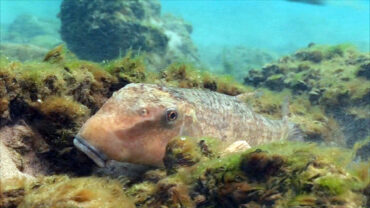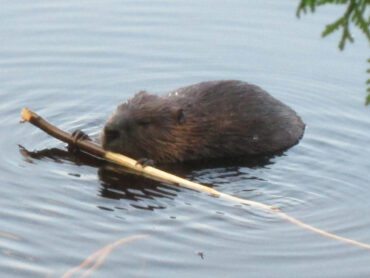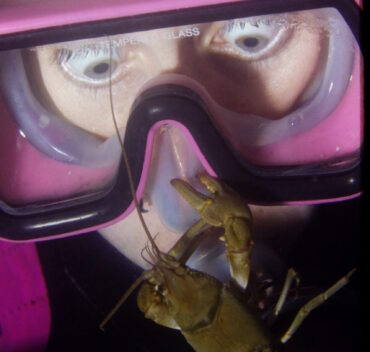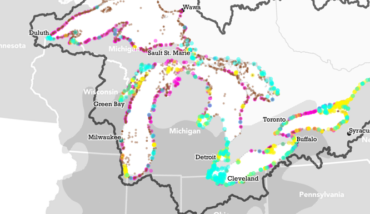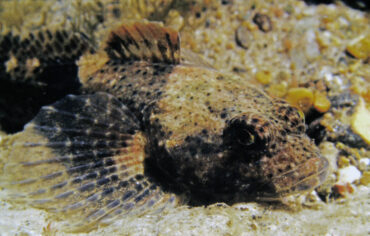-
 Charles Stewart Mott Foundation PartnershipCollaborationFish, Birds and AnimalsLatest NewsMichiganNewsScience, Technology, Research
Charles Stewart Mott Foundation PartnershipCollaborationFish, Birds and AnimalsLatest NewsMichiganNewsScience, Technology, ResearchMichigan bald eagles soar back from near-extinction
-In 1961, Michigan’s bald eagle population dipped to 52 breeding pairs. Bans on DDT and other harmful chemicals fed a recovery. But the national bird still faces threats from lead bullets and sprawling development.
-
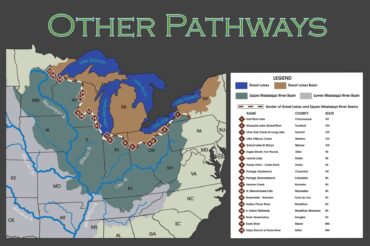 Charles Stewart Mott Foundation PartnershipCollaborationFish, Birds and AnimalsIllinoisInvasive SpeciesLatest NewsMichiganNewsScience, Technology, Research
Charles Stewart Mott Foundation PartnershipCollaborationFish, Birds and AnimalsIllinoisInvasive SpeciesLatest NewsMichiganNewsScience, Technology, ResearchNearly $1.2 billion spent at one site to deter invasive carp from Great Lakes; other entry sites still possible
-Nearly $1.2 billion is to be spent at one site to prevent invasive carp from entering the Great Lakes. There are a dozen more places where the carp could get in.
-
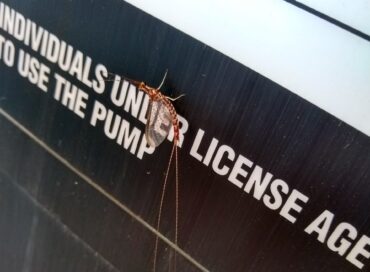 Algae BloomsCharles Stewart Mott Foundation PartnershipCollaborationFeature HomepageFish, Birds and AnimalsGreat Lakes News CollaborativeLake ErieLatest NewsMichiganNewsRefreshScience, Technology, ResearchWater Quality and Restoration Efforts
Algae BloomsCharles Stewart Mott Foundation PartnershipCollaborationFeature HomepageFish, Birds and AnimalsGreat Lakes News CollaborativeLake ErieLatest NewsMichiganNewsRefreshScience, Technology, ResearchWater Quality and Restoration Efforts“It’s a good thing”: Fishflies in Great Lakes region signify healthy water
-Even though fishflies may not be the prettiest insects, they represent good. A large number of fishflies near the Great Lakes area means the water is healthy.
-
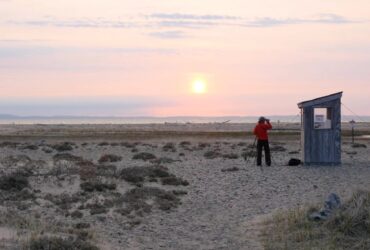 Feature HomepageFish, Birds and AnimalsLatest NewsMichiganNewsPoints NorthProtectScience, Technology, Research
Feature HomepageFish, Birds and AnimalsLatest NewsMichiganNewsPoints NorthProtectScience, Technology, ResearchPoints North: Birds of Paradise
-Alison Vilag pays attention for a living. She counts migrating ducks at Whitefish Point Bird Observatory, near Paradise, Michigan. It’s key to getting a pulse on different bird populations. But for Alison, counting ducks is more than just science – it’s an escape from the expectations of others.
-
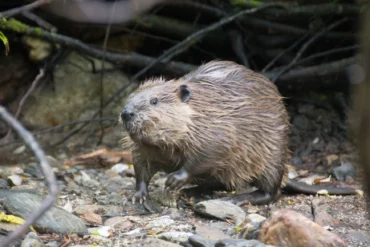 DuluthFeature HomepageFish, Birds and AnimalsIndustry, Energy, Economic DevelopmentLake SuperiorLatest NewsMinnesotaNewsProtectScience, Technology, Research
DuluthFeature HomepageFish, Birds and AnimalsIndustry, Energy, Economic DevelopmentLake SuperiorLatest NewsMinnesotaNewsProtectScience, Technology, ResearchPoints North: Leave it to Beavers?
-States in the Great Lakes kill beavers and remove dams on select rivers and streams. They’re doing it, in part, for anglers. But some people are not on board with that.


